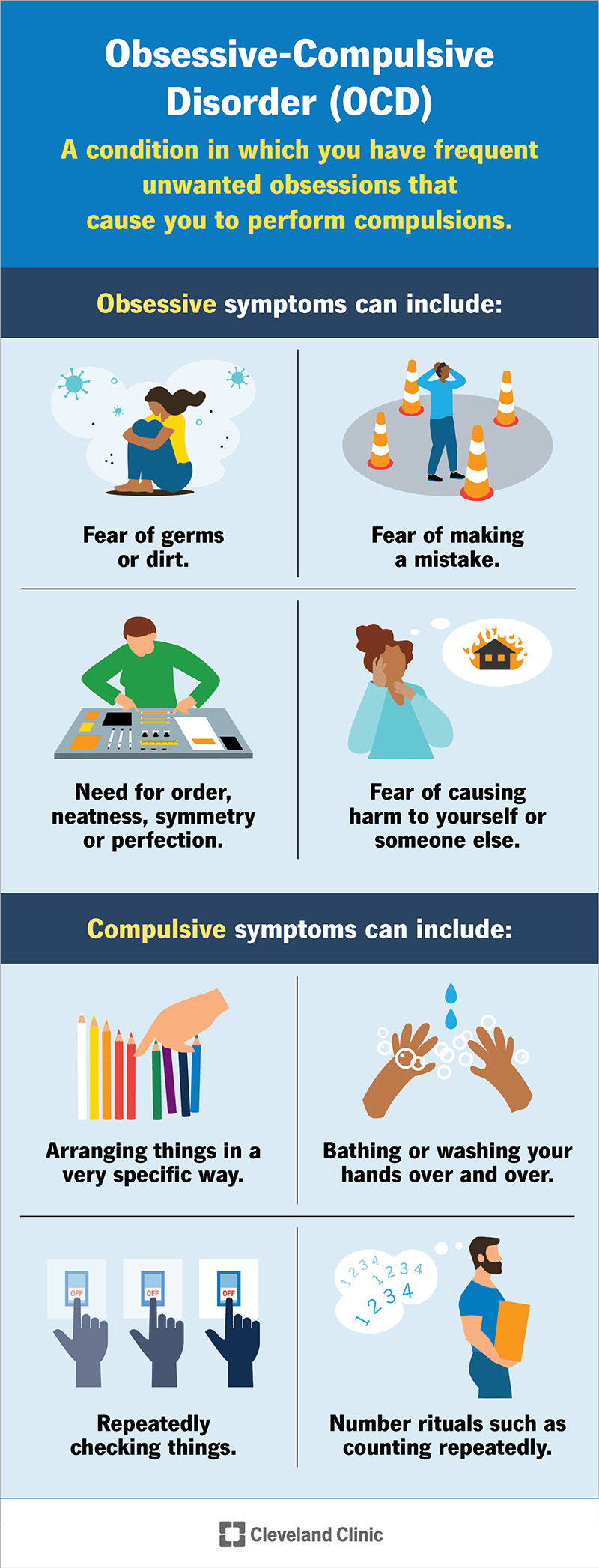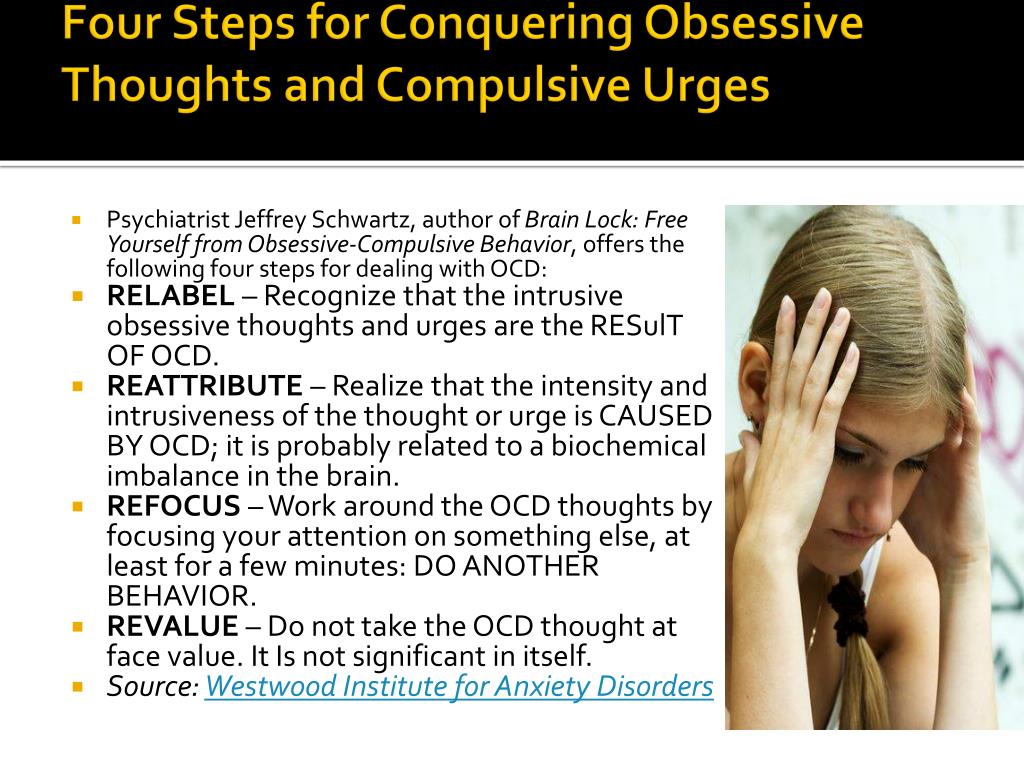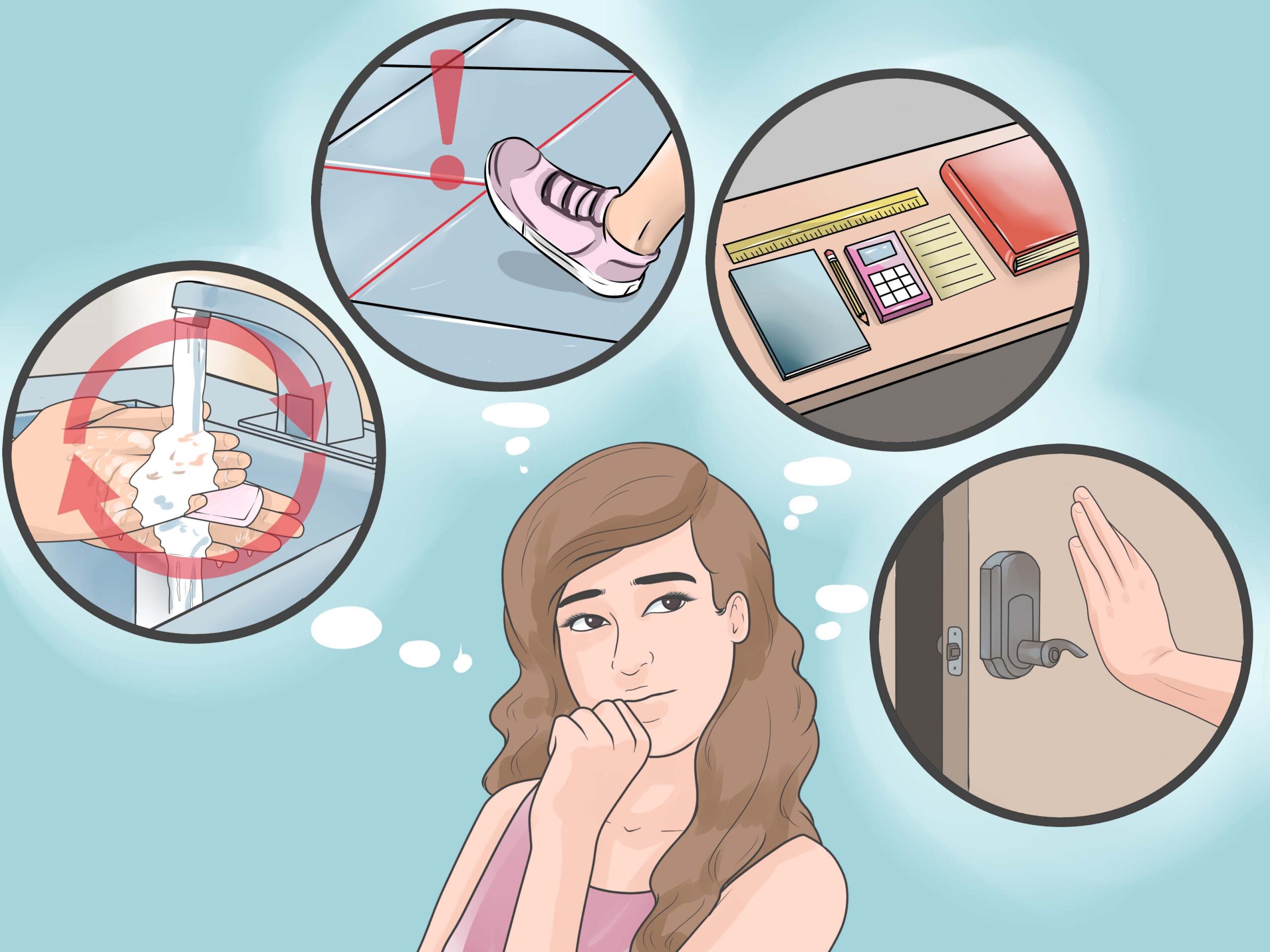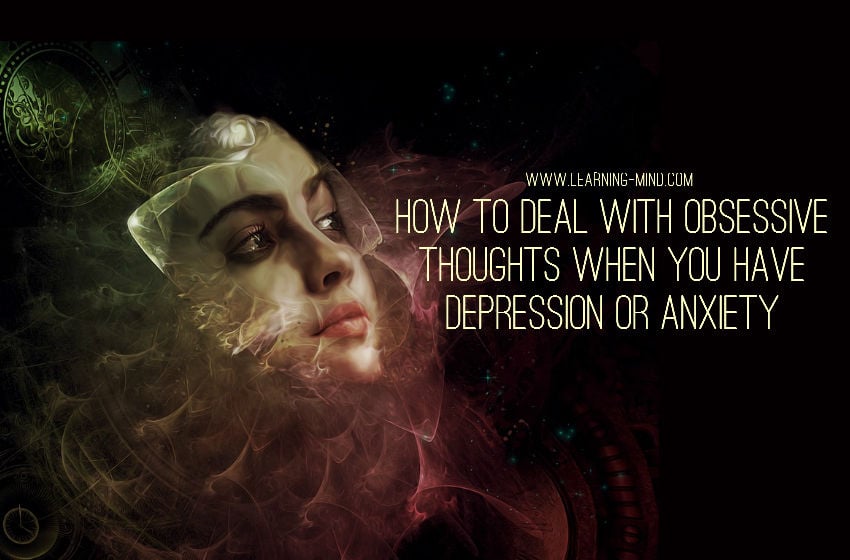Impressive Info About How To Deal With Obsessive Behavior

Obsession symptoms ocd obsessions are lasting and unwanted thoughts that keeping coming back or urges or images that are intrusive and cause distress or.
How to deal with obsessive behavior. Compulsions are the behaviors a person engages in to reduce the anxiety or intensity of the thoughts. It's not uncommon to see this challenging behavior. An obsession is a recurring thought of something or someone, where it always seems to be in a person’s mind.
Ocd affects about 2.3% of the population and is a leading. An obsessive mind is eager to tell you what you should and should not do. Get out of your mind anxiety how to deal with obsessive thoughts escape the prison of your mind and enjoy true inner freedom.
Notice the voice of the dictator within. Not all repeated thoughts are obsessions, and not all rituals or habits are compulsions.
But it can help bring symptoms under control so that they don't rule your daily life. Obsessions anxiety compulsions temporary relief obsessions ocd obsessions vary widely from person to person and. What is obsession?
Obsessions are repeated thoughts, urges, or mental images that are intrusive and unwanted. The most common is cognitive behavioral therapy (cbt), specifically an approach known as exposure therapy. Demystifying ocd ocd 3 kinds of ocd thoughts and how to deal with them these distinctions can help you make better use of the best available advice.
Several types of psychotherapy can be used to help someone with ocd manage obsessive thoughts. If you become aware of bullying, it is essential to engage the appropriate professionals at your teen's school, including the school principal, guidance. However, people with ocd generally:
The four stages of the ocd cycle include: This is where you and a therapist work together to deal with obsessive thoughts. People with ocd are often treated using an approach called exposure and response prevention therapy (erp).
How to cope:







:max_bytes(150000):strip_icc()/obsessive-compulsive-disorder-ocd-5084138_V2-596155380bee4ba3aa27ccd04a3a5ea9.jpg)










